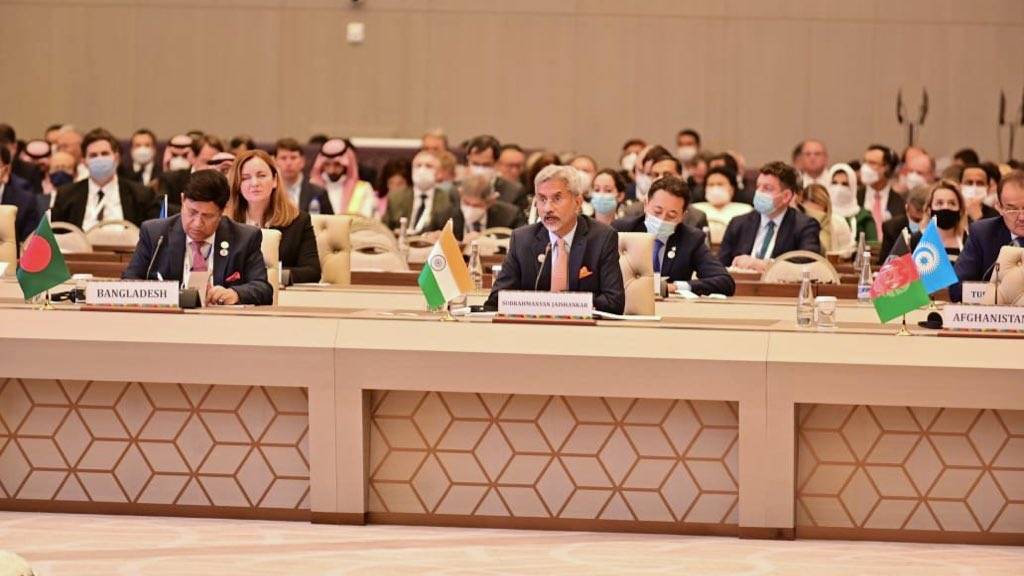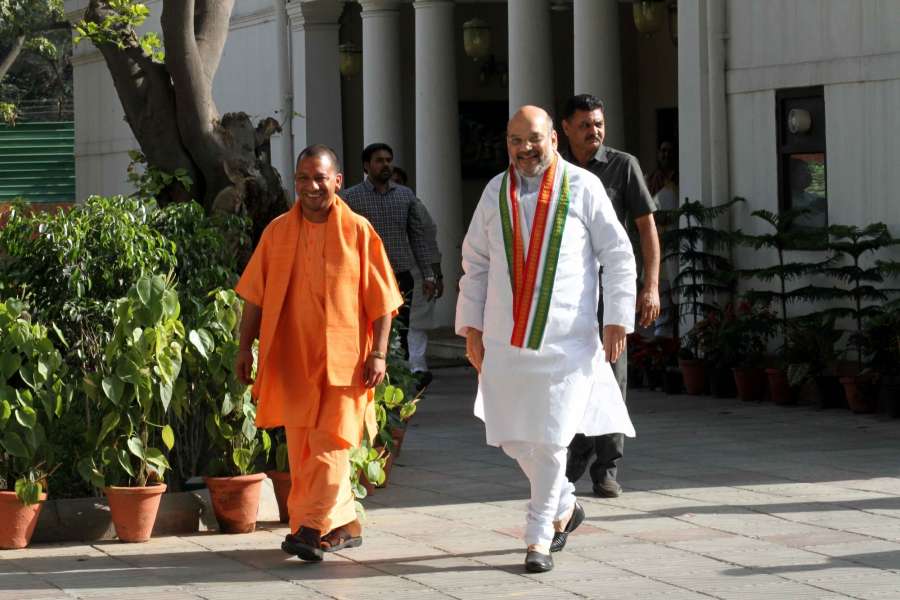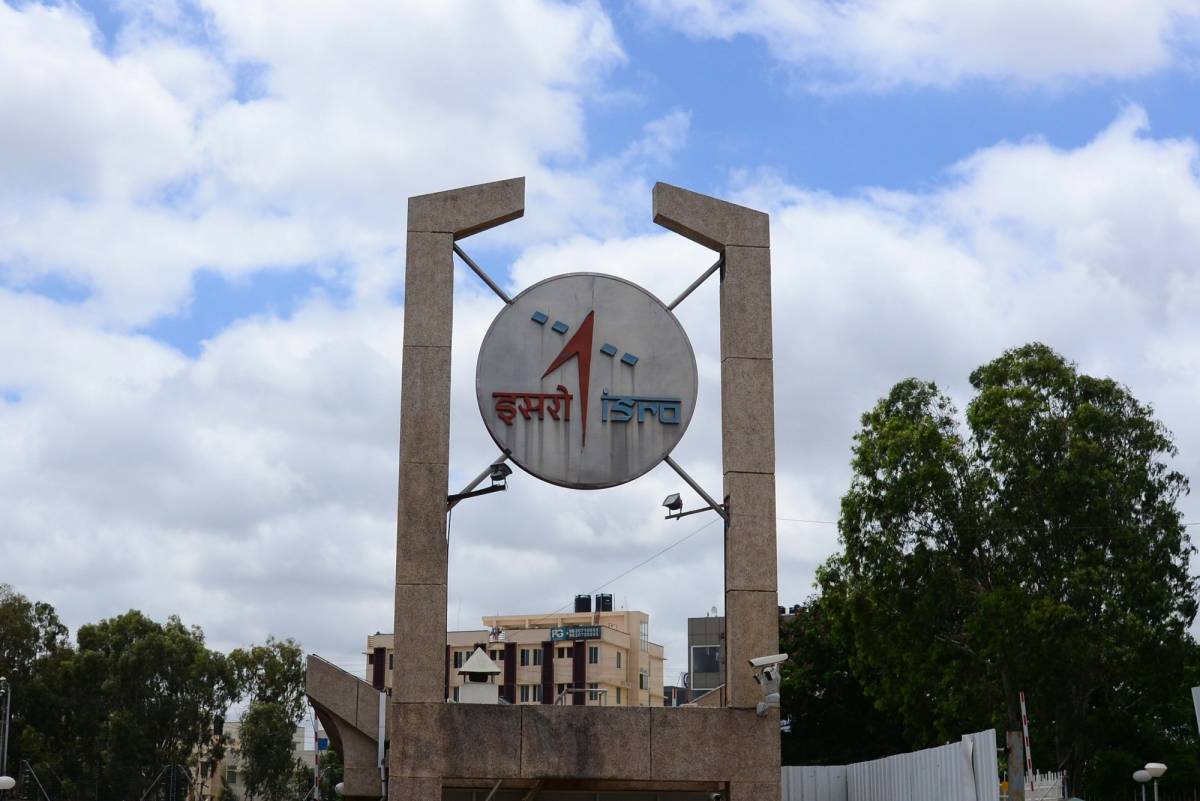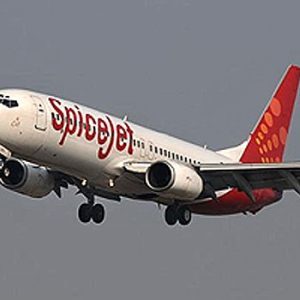Arguing that building connectivity is an act of trust and must at the minimum conform to international law, EAM Jaishankar said no serious connectivity can ever be a one-way street….reports Asian Lite News
External Affairs Minister S Jaishankar on Friday described connectivity, commerce and contacts as factors of economic growth and prosperity.
“Economic growth is universally driven by 3Cs: connectivity, commerce and contacts. All three need to come together to ensure regional cooperation and prosperity,” the EAM said in his remarks at a conference on connectivity in Uzbekistan.
He, however, regretted that such realization often faces impediments because of “politics, vested interest and instability.”
“There are lessons too from our experiences that need to be understood. The real issues are of mind sets, not of disputes. Blocking connectivity in practice while professing support in principle benefits no one. A one-sided view of trade rights and obligations can never work. No serious connectivity can ever be a one-way street,” the EAM said.
Arguing that building connectivity is an act of trust and must at the minimum conform to international law, EAM Jaishankar said no serious connectivity can ever be a one-way street.
“Building connectivity is an act of trust and must, at the minimum, conform to international law. Respecting sovereignty and territorial integrity are the most basic principles of international relations,” he said.
Noting that robust connectivity within and between Central and South Asia is rooted in history, he stated that India’s focus in the last few years has been to rebuild links that were diminished by the colonial period.
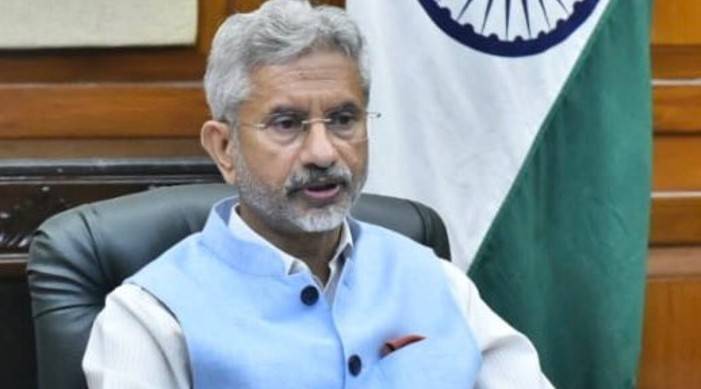
India’s focus in the last few years has been to rebuild links that were diminished by the colonial period. “We have progressed in the Indian Sub-continent and eastwards to the Indo-Pacific. Our horizons today extend from Vladivostok to the Gulf and East-Africa. However, the challenges towards Central-Asia and Eurasia remain to be addressed,” he said.
Informing that since 2016, India has taken practical steps to operationalize the Chabahar port in Iran, he said this port provides a secure, viable and unhindered access to the sea for Central Asian countries. Its efficacy is now clearly proven, the Minister added.
“We have proposed to include the Chabahar port in the framework of INSTC. The formation of India-Uzbekistan-Iran-Afghanistan Quadrilateral Working Group on the joint use of Chabahar port is a welcome development,” he submitted. EAM Jaishankar said that development and prosperity go hand in hand with peace and security.
“For reliable connectivity within and through Afghanistan, the world must have confidence in its governance. Our connectivity deliberations expect predictability, efficiency and observance of norms of our time as its foundation,” he insisted.
“While expanding connectivity between Central Asia and South Asia, we need to address not just physical infrastructure but all its accompanying facets. Tourism and societal contacts can create a fostering enabling environment,” the Indian Minister said.
“Connectivity efforts must be based on economic viability and financial responsibility.
They should promote economic activity and not create debt burdens. Ecological and environmental standards, as also skill and technology transfers, are musts,” he added.
“Connectivity must be consultative, transparent and participatory,” Jaishankar stated.
India stands ready to cooperate, plan, invest and build a more prosperous and inter-connected Eurasia, he assured.
The EAM argued that connectivity acquires a particular salience in the context of post-Covid economic recovery. It is itself an economic multiplier, he added.
“But there is also a widespread realization of the need now for more resilient and reliable supply chains. This is not just a matter of production; it is equally a challenge of efficient logistics. All of us need more and multiple options. And this applies to the domain of connectivity most of all,” Jaishankar said. (India News Network)


